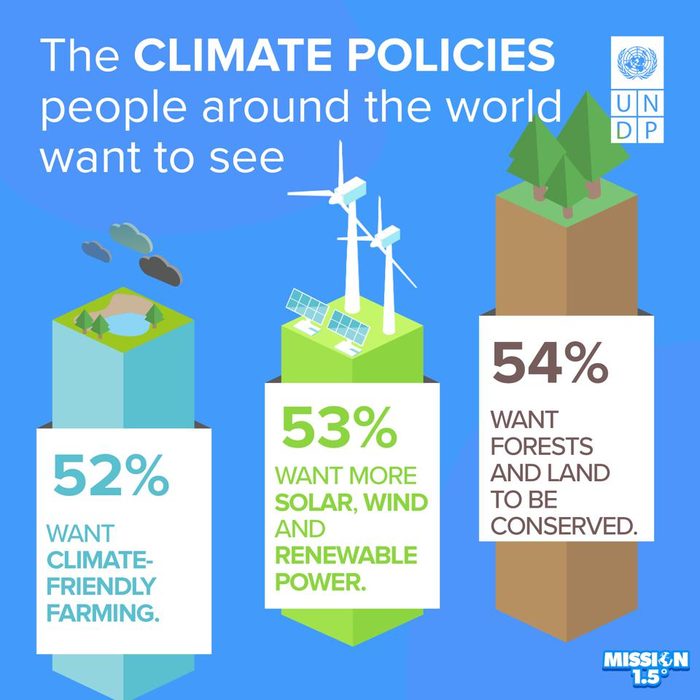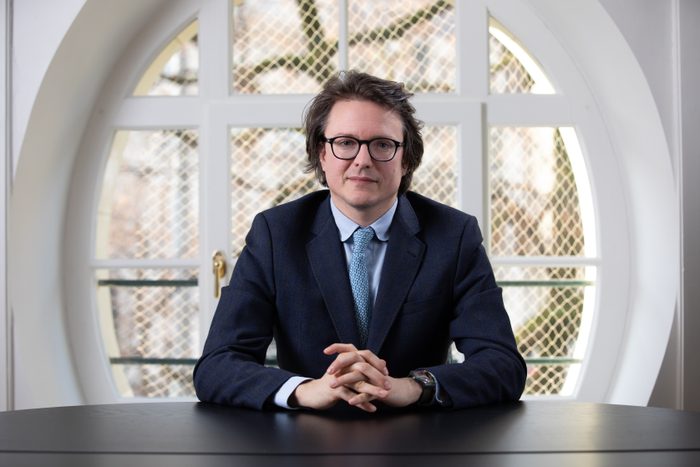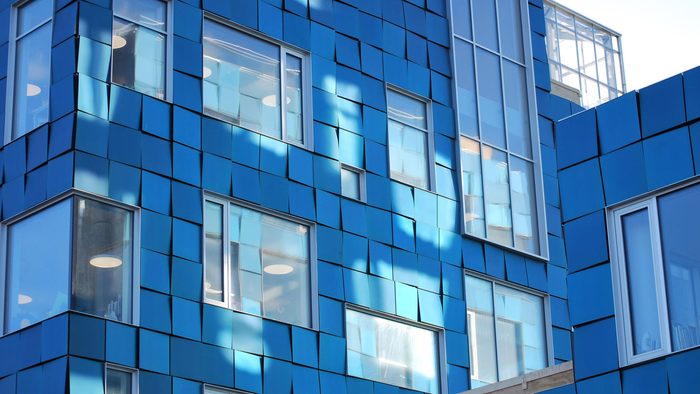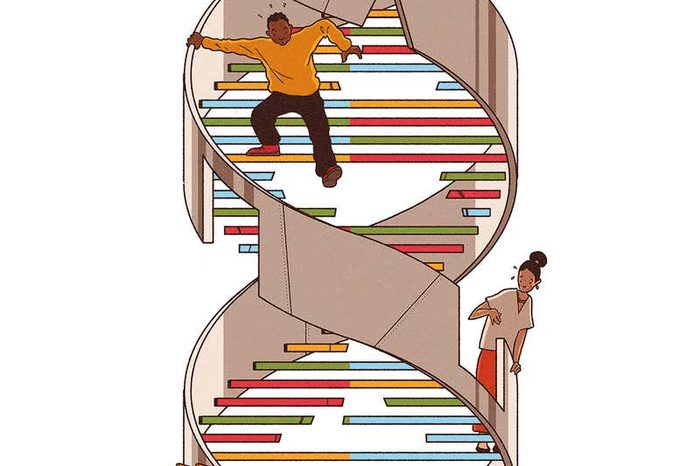Good morning, this is Zelda, bringing you the latest science and tech news. Today, we'll reflect on the notion of responsibility for Twitter and Facebook, and the implications of WhatsApp data sharing with lawyer Nicolas Capt. And that will lead us to ask the question of challenges in terms of digital sovereignty.
And before leaving you, we'll raise hope by playing for the planet. |

Source: Playmob/UNDP.
|
|
Playing for the planet.
How Playmob helped the UN conduct the largest climate change survey ever using the power of gaming. Jude Over, founder of the company that was instrumental in helping the UN gather the data using an innovative format.
Forbes (EN)
|
|
|
Science & Technology News
|
|

Nicolas Capt. Credits: Jay Louvion, 2020.
|
|
Here's what else is happening
|

The facades of the Copenhagen University of Applied Sciences are made of coloured solar panels using technology from the Swiss company Kromatix. Source: Le Temps.
|
|
Swiss made coloured solar panels.
No more solar panels that are only black or dark blue. These new models allow other glass shades thanks to a nanotechnological treatment. The solar panels can be installed on the walls of buildings, not just on the roofs. The power loss is 2.5 to 10 per cent compared to a standard panel, according to SwissINSO.
Le Temps (FR)
|
|
|
Science and diplomacy reads by GESDA
|
|

Ruby Fressen. Source: New Scientist.
|
|
The necessity of personalised medicine, for all on the planet.
Personalised medicine, also called genomic medicine, is making the headlines for some years now. The idea is to develop diagnostic tools and new treatments (including drugs but also gene therapies) based on the genome sequencing of a person through a reading of his/her DNA. The promises are great and vast, as I recently could detail it in a series of six interview-books with leaders in the field. But there is a caveat, and a major one, as the following New Scientist puts it: “While predicting a person’s risk of developing a condition based on their genome sequence remains an imperfect science, there is mounting evidence that it works far less well in people of non-European descent.” In other words, personalised medicine has so far been developed very largely by and for western countries.
In a study, Sarah Tishkoff (University of Pennsylvania) underlines that 78 per cent of patients included in genomic studies of disease up to 2018 were of European descent, 10 per cent had Asian backgrounds and just two per cent were of African descent. “That means that gene-disease associations based on these studies are unlikely to capture the full diversity of the human population. That’s a major problem”, writes New Scientist. A situation which might well exacerbate existing worldwide inequalities related to health. As is the goal of the International Common Disease Alliance, described in a recent edition of the New England Journal of Medicine, and of which a founding member is at University of Geneva (Manolis Dermitzakis), it is therefore time to be more inclusive in genetic studies on a global level, so that they benefit people around the entire world.
- Olivier Dessibourg
|

This selection is proposed by the Geneva Science and Diplomacy Anticipator
GESDA, working on
anticipating cutting-edge science and technological advances to develop innovative and inclusive
solutions for the
benefit of the planet and its inhabitants.
|
|
GS news is a new media project covering the world of international cooperation and development. Don’t hesitate to forward our newsletter!
Have a good day!
|

|
|
Avenue du Bouchet 2
1209 Genève
Suisse
|
|
|
| |












